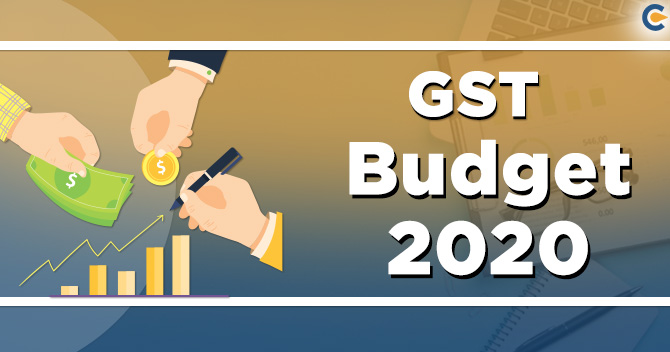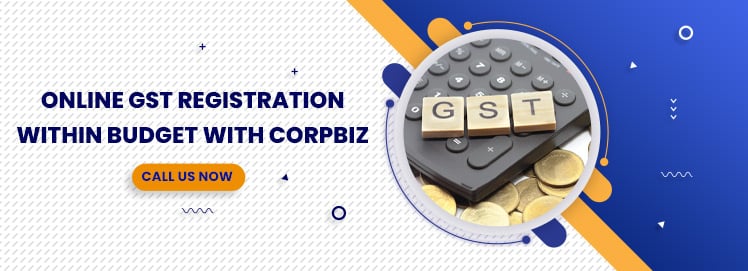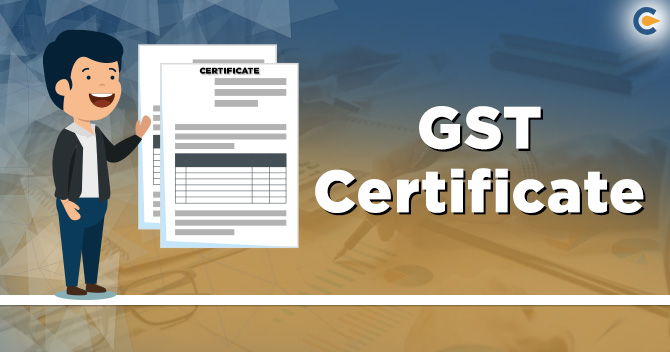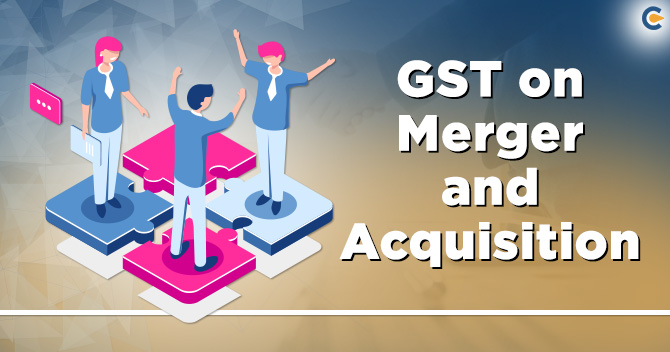Smt. Nirmala Sitharaman presented the first budget of the year 2020 on 1st February 2020. In this article, the impact of the budget on the most significant tax reform of India- Goods & Services Tax (GST) has been summarized. As mentioned by honorable FM, Goods and Services Tax (GST) has been the most historic in our country. True to this vision for the landmark structural reform, the Budget 2020 in GST has been progressively growing into a tax that has united the country economically.
It has combined several taxes and cesses to one tax and facilitated the formalization of the budget. During this phase of growing, GST did face particular trials. GST Council has been active in resolving issues during this changeover.
What are the Changes in Goods and Services Tax?
- A basic GST return shall be executed from the 1st April 2020. That will make return filing simple with various features like message based filing for return, pre-return filling, input tax credit flow improvement, and complete simplification of the process.
- Active QR-code is projected for consumer statements. GST constraints will be captured when payment for purchases is made through that particular QR-code.
- Introduction of Aadhaar card initiated verification of taxpayers, which will help in clearing out dummy or non-existent components.
What are the Amendments in Central Goods & Service Tax Act 2017?
Following are the amendments done in GST:-


- It has been anticipated to eliminate from the domain of the GST Composition scheme-specific classes of taxable persons, they are-
- Supply of facilities not leviable to tax under the CGST Act[1];
- Inter-State outward supply of services;
- Outward supply of services concluded an E-Commerce operator.
- Change in date of issuance of debit note from the date of publication of the original statement for purposes of availing input tax credit in Section 16(4)
- Time limit for demanding Input tax credit, in respect of a debit note issued by a supplier, shall be estimated from the date of debit note.
Time limit for taking Input tax credit in this cases are as follows:-
- For Statement with Input Tax Credit INR 10,000 – Return for September 2020 or date of filing of annual return of Financial Year 2019-20 whichever is prior;
- For Debit note with Input Tax Credit INR 4,500 – Return for September 2021 or date of filing of annual return of Financial Year 2020-21 whichever is prior. Previous, the time limit for such debit note was also calculated as per date of consistent invoice;
- Amends have been made to provide registration-cancellation that have been obtained voluntarily under Section 29 (1);
- Authorizing jurisdictional tax authorities to extend the date for application of revocation of cancellation of registration in deserving cases- Section 30;
Read our article:Synopsis of the Entire Mechanism of Advance Ruling under GST
Period for applying for withdrawal of annulment for Budget 2020 in GST
Period for applying for withdrawal of annulment is at current 30 days from the date of service of withdrawal order. Though, it has been planned for ranging such period on adequate reason by Assistant commissioner or Joint commissioner for another 30 days and further 30 days by the representative.
- Provisions to be announced for propose manner to fix the issue of tax invoice, and the cases where the taxpayers may not be obligatory to issue a tax statement- Section 31
- Original measures proposed to be issued for allotting TDS certificate and late fine for not issuing TDS certificate has been misplaced- Section 51
- Modification in the provision for Appellate Tribunal under the CGST Act for the Union territory of Jammu and Kashmir as well as Ladakh- Section 109
- Penalty to be imposed on equivalent of tax eluded or input tax credit availed in following cases: Section 122
- Suppliers of any goods or services or both without issue of any invoice or issues an incorrect or false invoice concerning any such supply
- Issues any invoice or bill without procurement of goods or services in violation of the provisions of this Act
- Utilises input tax credit without authentic receipt of goods or services either fully or partially, in infringement of the provisions of this Act;
- Distributes input tax credit in defilement of section 20;
- Amendment in the offence of fraudulent activity of ITC without any invoice is considered a cognizable or non-bailable fault and recollects the benefit of transactions arising out of specified crimes liable for penalty- Section 132.
- Amendment has to be made with effect from 01 July 2017 to describe the manner and time-limit for accepting transitional credit under Section 140.
- Such Amendment has been made to make requirements for enabling the jurisdictional commissioner to exercise their powers underneath sub-section (5) of section 66 and second proviso to sub-section (1) of section 143 to Section 168 of the Act.
- Amendment has been drafted to make a bag for enabling issuance of removal of problems order for next 2 years, i.e., up to five years from the date of commencement of the said Act- Section 172. Comparable changes are also being made in the IGST Act, the UTGST Act, 2017 (section 25), the GST (Compensation to States) Act, 2017 under (section 14) and 2017 (section 26).
- Admissions at 4(a) & 4(b) in Schedule II of the CGST Act is being modified, which will be effective from 01-07-2017 to make establishment for omission of supplies relating to transfer of business assets made without any deliberation from Schedule II of GST Act 2017.
Amendments that will have Retrospective effect to the recommendations of the Budget 2020 in GST Council
- Exemption is being given on fishmeal [HS 2301] from Central Tax, Union Territory Tax, and Integrated Tax, for the period 01-07-2017 till 30-09-2019. Though, GST paid on supply of fishmeal during the period shall not be refunded.
- Concessional rates are being offered on elevator, wheels and other fragments (falling under heading 8483) and used as fragments of agricultural machinery of headings 8432, 8433, and 8436 @ 12% rate of Integrated Tax and 6% Central Tax and 6% Union Territory Tax during the period 01-07-2017 to 31-12-2018. Though, GST paid at any other rate shall not be refunded, i.e. (higher than 12%).
- Any refund of accumulated credit in the form of compensation cess over tobacco goods ascending out of inverted duty structure in Reimbursement Cess has been restricted with effect from 01-10-2019 vide notification No. 3/2019- Compensation Cess (Rate) dated 30-9-2019. The notification is being given retrospective effect from 1-7-2017 forwards. Accordingly, no refund on account of inverted duty structure shall be applicable to tobacco products for any period.
Conclusion
Goods and Services Tax (GST) has been the most historical change in our country. True to this vision for the landmark structural reform, the GST has been progressively growing into a tax that has united the country economically. It has combined several taxes and cesses to one tax and facilitated the formalization of the budget 2020 in GST.
Read our article:All you need to know about GST Refund on Exports













